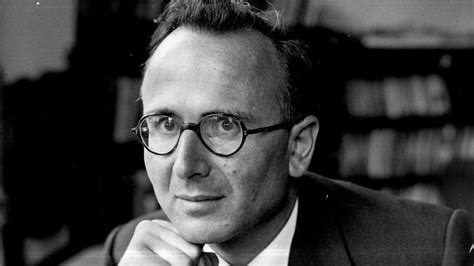A Quote by Henry David Thoreau
Are not all finite beings better pleased with motions relative than absolute?
Related Quotes
What do believers in the Absolute mean by saving that their belief affords them comfort? They mean that since in the Absolute finite evil is ‘overruled’ already, we may, therefore, whenever we wish, treat the temporal as if it were potentially the eternal, be sure that we can trust its outcome, and, without sin, dismiss our fear and drop the worry of our finite responsibility. In short, they mean that we have a right ever and anon to take a moral holiday, to let the world wag in its own way, feeling that its issues are in better hands than ours and are none of our business.
The less you demand total fulfillment from relationships, the more you can appreciate them for the beautiful tapestries they are, in which absolute and relative, perfect and imperfect, infinite and finite are marvelously interwoven. You can stop fighting the shifting tides of relative love and learn to ride them instead. And you come to appreciate more fully the simple, ordinary heroism involved in opening to another person and forging real intimacy.
It is not given to man to know the whole Truth. His duty lies in living up to the truth as he sees it, and in doing so, to resort to the purest means, i.e., to non-violence. God alone knows absolute truth. Therefore, I have often said, Truth is God. It follows that man, a finite being, cannot know absolute truth. Nobody in this world possesses absolute truth. This is God's attribute alone. Relative truth is all we know. Therefore, we can only follow the truth as we see it. Such pursuit of truth cannot lead anyone astray.
You can't relate to an absolute or it wouldn't be absolute, it would be relative. On an intellectual level, that's easy. However, you hear theologians in the theistic traditions talk about absolute God, and I saw God, or God spoke; speaking, being seen, these are all relational things. So what is absolute about such a being, wouldn't actually be absolute.
Allah is in Himself the non-being and the being, the inexistent and the existent. He is at the same time that which we designate by absolute non-being and by absolute being; or by relative non-being and relative being. . . . All these designation come back to God alone, for there is nothing which we can perceive, know, write or say which is not Him.
It is indeed a matter of great difficulty to discover, and effectually to distinguish, the true motions of particular bodies from the apparent; because the parts of that immovable space, in which those motions are performed, do by no means come under the observation of our senses. Yet the thing is not altogether desperate; for we have some arguments to guide us, partly from the apparent motions, which are the differences of the true motions; partly from the forces, which are the causes and effects of the true motions.

































